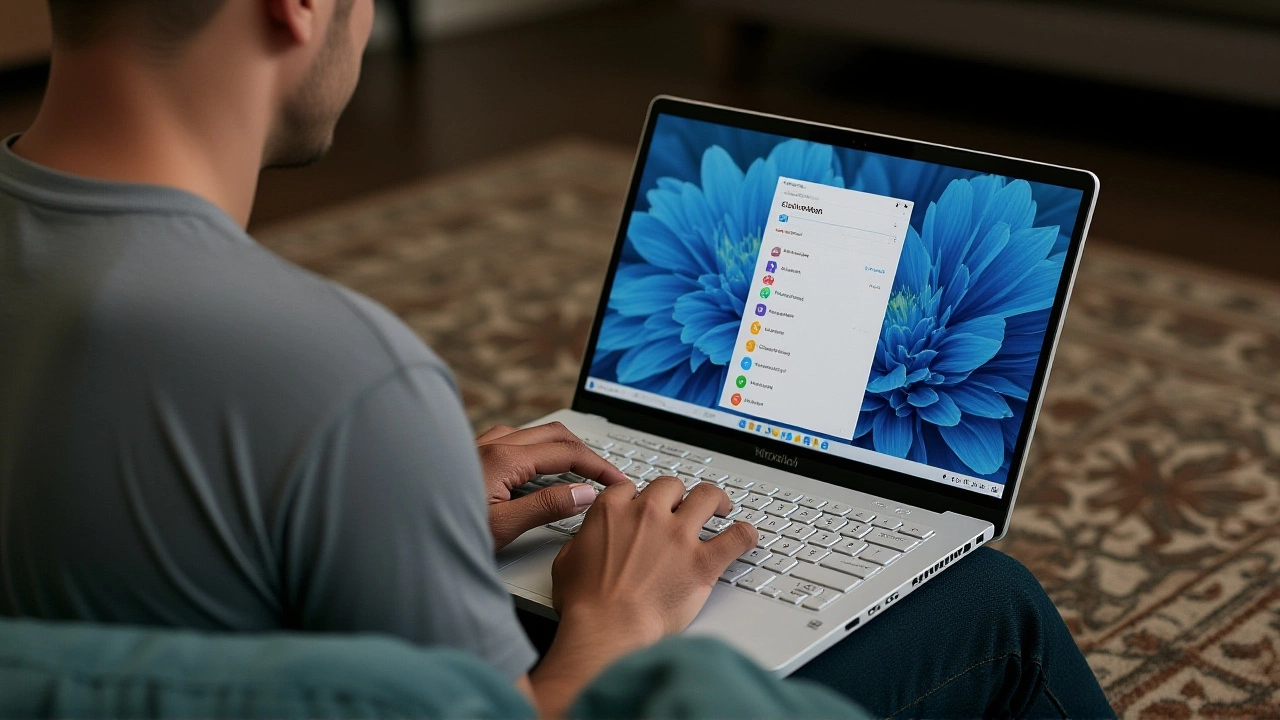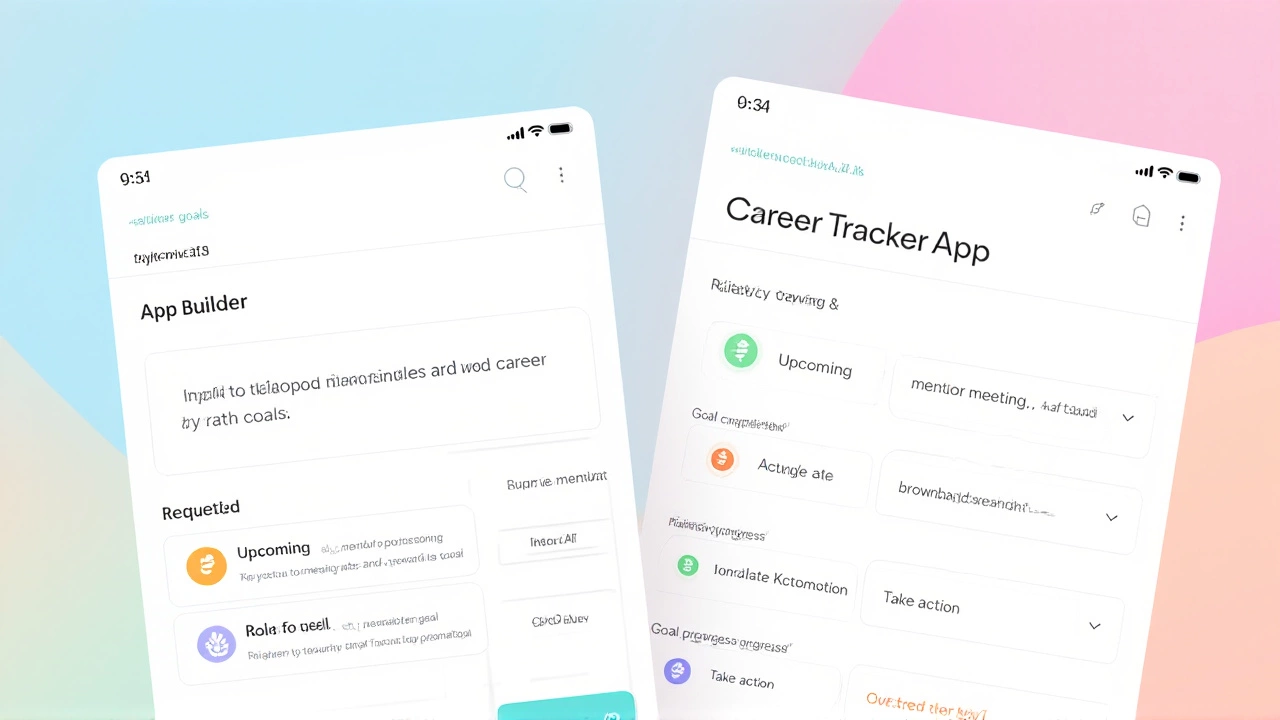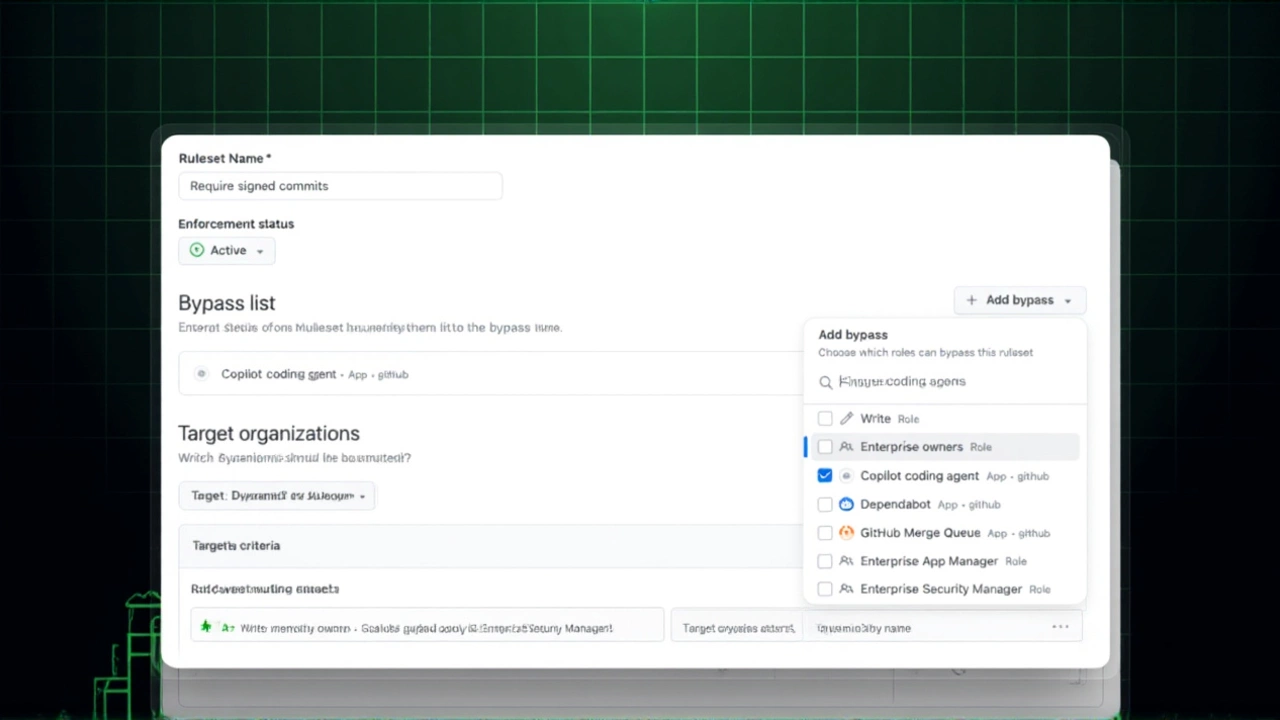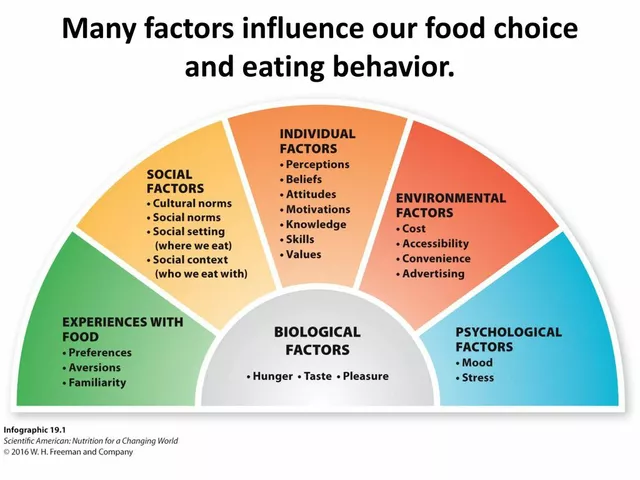Microsoft Makes Every Windows 11 PC an AI PC with New Copilot Features

On October 16, 2025, Microsoft Corporation quietly rewrote the rules of personal computing—not with a flashy new device, but by turning every existing Windows 11 PC into an intelligent assistant. At its Ignite 2025 conference in Redmond, Washington, the company didn’t just unveil features. It announced a fundamental shift: AI is no longer an add-on. It’s the new default. And it’s already running on your machine—if you’re running Windows 11.
"Hey Copilot" Is Now a Real Thing
Forget typing. Forget hunting through menus. Say "Hey Copilot," and your PC wakes up—literally. That’s the new voice trigger Microsoft introduced, and early testers say it’s a game-changer. According to internal data cited in the Windows Experience Blog, users engage with Copilot twice as often using voice compared to text. That’s not a minor uptick. That’s a behavioral shift. People are starting to treat their PCs like they would a colleague in the next cubicle: "Hey, can you help me with this?"
And it’s not just listening. It’s acting. Microsoft is testing "Copilot Labs" features where the AI doesn’t just answer questions—it takes action. Imagine asking Copilot to "schedule a meeting with Sarah after lunch," and it checks your calendar, finds an opening, sends the invite, and adds it to your To-Do list—all without you lifting a finger. That’s the future Microsoft is building, and it’s coming faster than most expected.
Text-in, Text-out: Copilot Vision Gets a New Voice
Not everyone wants to talk to their computer. Maybe you’re in a quiet office. Maybe your headphones are dead. That’s why Microsoft is rolling out "Text-in Text-out" for Copilot Vision—a feature that lets you type questions about your screen and get text-based answers. Point your camera at a spreadsheet, type "What’s the total revenue for Q3?" and Copilot scans the image, extracts the numbers, and replies in the same chat window. No need to copy-paste. No need to switch apps. Just ask. It’s simple. It’s seamless. And it’s coming to Windows Insiders soon.
Offline AI: The Real Secret Sauce
Here’s what most headlines missed: Microsoft isn’t just pushing cloud AI. It’s betting big on on-device processing. The new Copilot+ PCs come equipped with NPUs—Neural Processing Units—that handle AI tasks locally. That means Writing Assistance with Microsoft 365 Copilot works offline. You can draft, rewrite, and proofread emails without Wi-Fi. Same with "fluid dictation" via the Win+H shortcut. The AI learns your voice, your rhythm, even your typos—and it does it all without sending your data to a server.
This isn’t just convenience. It’s privacy. It’s speed. And for enterprise users, it’s compliance. No more worrying about sensitive documents being processed in the cloud.

Outlook Just Got Smarter
By the end of October 2025, Copilot+ PC users will be able to summarize lengthy emails directly in Outlook. Highlight a 12-paragraph thread, click "Summarize," and get a bullet-point digest in under three seconds. No more scrolling. No more "I’ll read this later" guilt. Microsoft says this feature will reduce email fatigue by up to 40% in pilot groups. That’s not hype—it’s measurable productivity.
The Digital Bridge: Google Meets Microsoft
Here’s the twist: Microsoft is building connectors that let Copilot access your Google Calendar, Gmail, and Drive—right alongside your OneDrive and Outlook. You can say, "Find my flight confirmation from last Tuesday," and Copilot will pull it from your Gmail, cross-reference it with your Microsoft Calendar, and drop the details into a Teams meeting invite. No more juggling apps. No more login chaos. It’s the first time Microsoft has openly bridged its ecosystem with a direct competitor’s. And it’s a sign of how far AI has pushed the boundaries of user expectation.

What This Means for You
This isn’t just about new buttons. It’s about redefining what a computer does. Before, your PC was a tool. Now, it’s a collaborator. Ask it to "help me focus," and it dims your screen, silences notifications, and opens your most important document. Ask it to "review this PowerPoint," and it scans every slide, flags weak arguments, suggests better visuals, and even rewrites your speaker notes.
For students, it’s a tutor. For nurses, it’s a note-taker. For small business owners, it’s a CFO, a marketer, and a scheduler—all in one. And it’s not limited to fancy new hardware. Microsoft says these features roll out to all Windows 11 devices where Copilot is available. That’s over 1.2 billion machines worldwide.
What’s Next?
By the end of 2025, Microsoft plans to launch its "computer use" agents via Windows 365—AI bots that can browse websites, fill out forms, extract data, and even book travel—all triggered by natural language prompts. These agents will run securely in the cloud, under company policies, making them ideal for IT departments worried about control and compliance.
And the taskbar? It’s getting a full AI overhaul. Search results won’t just show files or apps. They’ll show summaries, actions, and even predictions. Need a report from last week? Just type "Show me the Q3 sales numbers" and Copilot will surface the file, highlight the key figures, and offer to email it to your manager.
Frequently Asked Questions
Do I need a new PC to use these features?
No. Most Copilot features, including voice activation, Settings integration, and Copilot Vision, work on any Windows 11 PC from 2021 or later. However, advanced features like offline Writing Assistance and fluid dictation require a Copilot+ PC with an NPU—those are new devices launching in late 2025. Microsoft is prioritizing broad access, not just premium hardware.
How does "Hey Copilot" work if my PC is asleep?
Windows 11 now supports low-power voice detection. Even when your PC is in sleep mode, a dedicated low-energy chip listens for the wake phrase. Once triggered, it wakes the system instantly—faster than a traditional mouse click. Microsoft says this uses less than 0.5 watts of power, making it safe for battery life.
Is my data safe with Copilot accessing my Google account?
Microsoft uses OAuth 2.0 authentication and never stores your Google credentials. All data flows through encrypted, user-approved connectors. You control which services Copilot can access, and every connection requires explicit permission. Microsoft emphasizes that this is "user-initiated, not background," meaning AI won’t scan your emails or calendar without you asking.
Will this slow down older PCs?
Microsoft has optimized Copilot to run on cloud servers when on-device processing isn’t available. Older machines will still get the benefits—just with slightly slower responses. The company claims 95% of Windows 11 devices released since 2021 can handle the core AI features without noticeable performance loss.
What’s the difference between Copilot and Microsoft 365 Copilot?
Copilot is the AI assistant built into Windows—handling system tasks, search, and settings. Microsoft 365 Copilot is the enterprise-grade AI for Word, Excel, and Outlook, designed for document creation and analysis. The two now work together: ask Copilot to "draft an email about the project," and it’ll use Microsoft 365 Copilot’s power to write it, then insert it into Outlook.
When will these features be available to everyone?
Rollouts begin immediately for Windows Insiders. General availability for "Hey Copilot" and Settings integration starts November 1, 2025. Email summarization in Outlook arrives by October 31. Full deployment across all Windows 11 devices is expected by March 2026, with enterprise features following in Q2.
- November 21, 2025
- Cassius Windham
- 0 Comments
- Permalink



